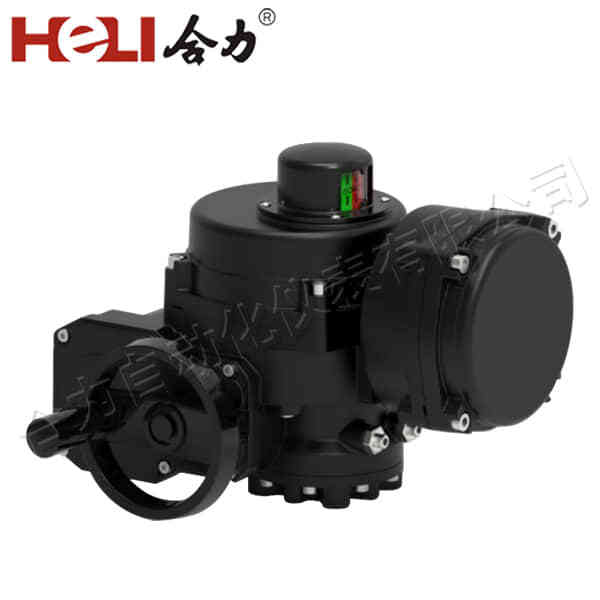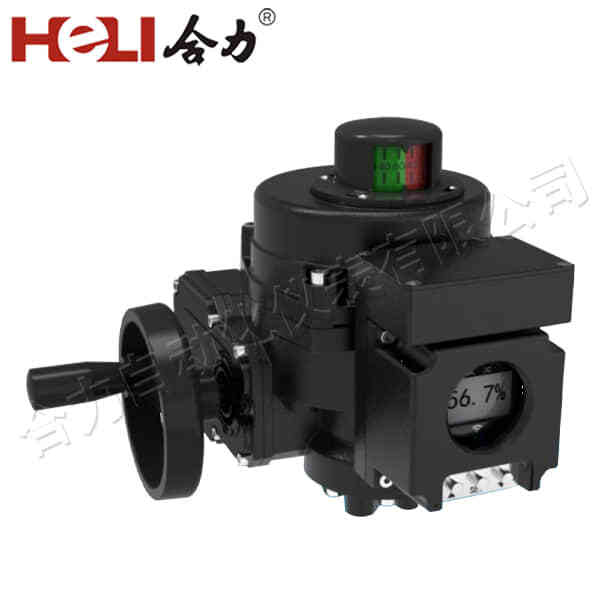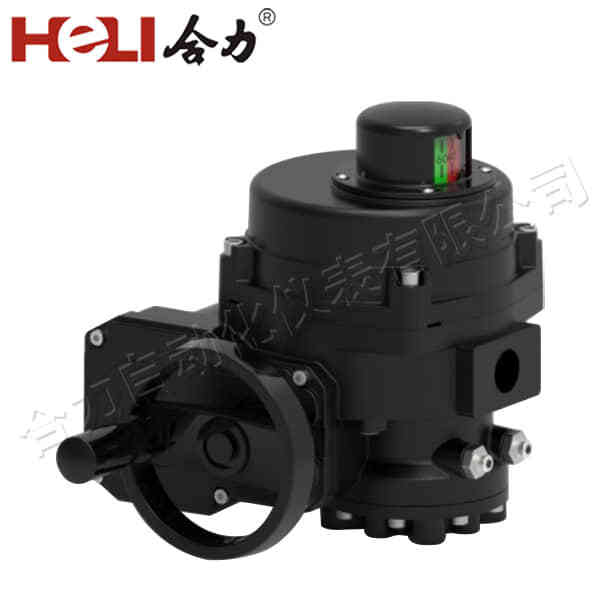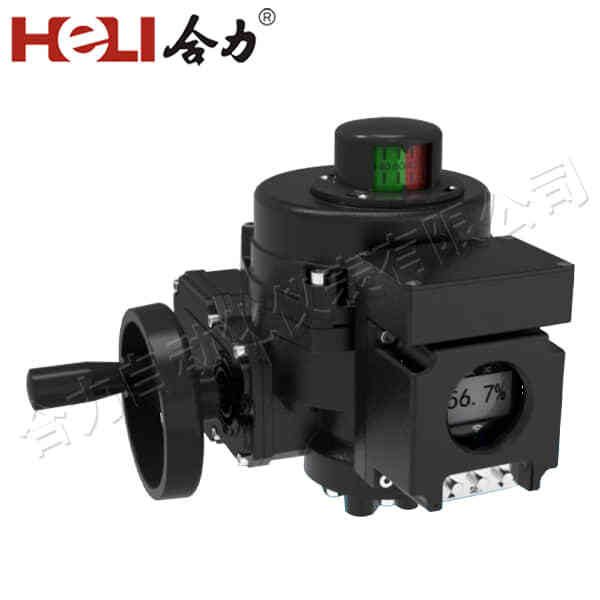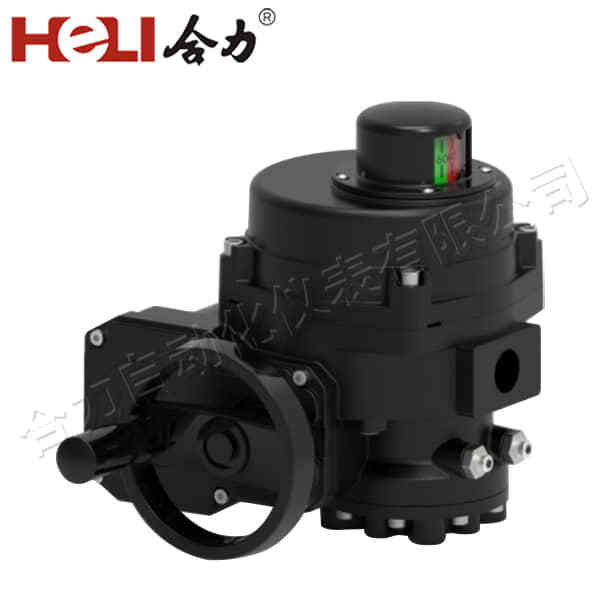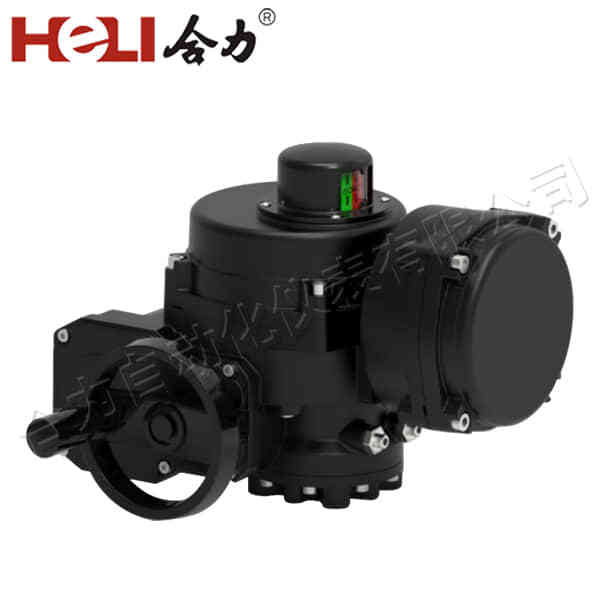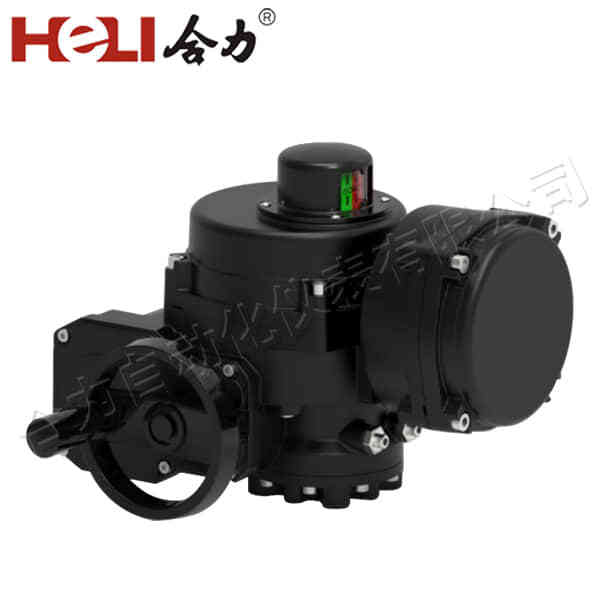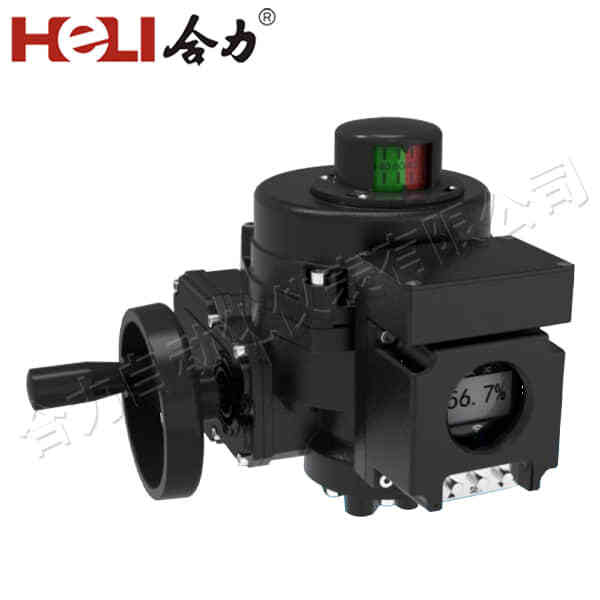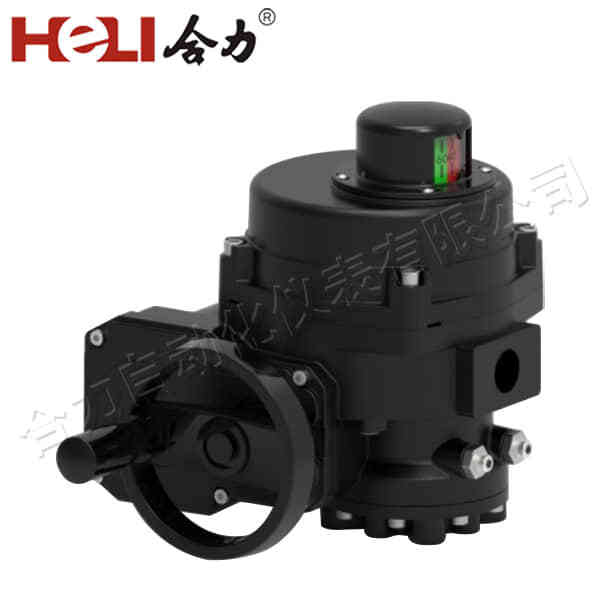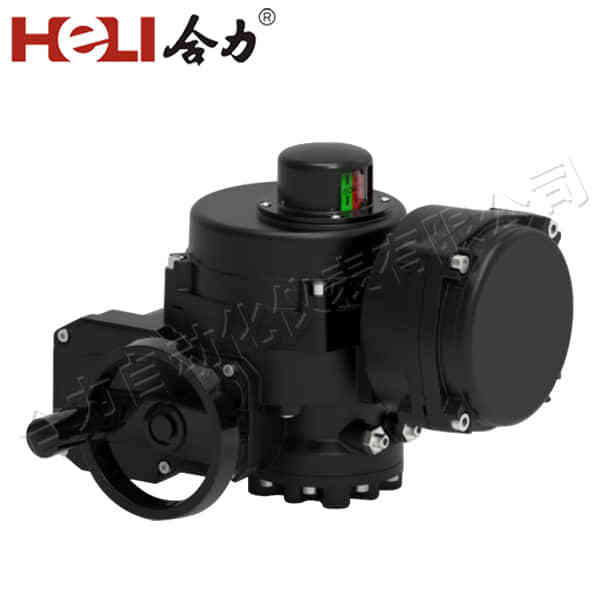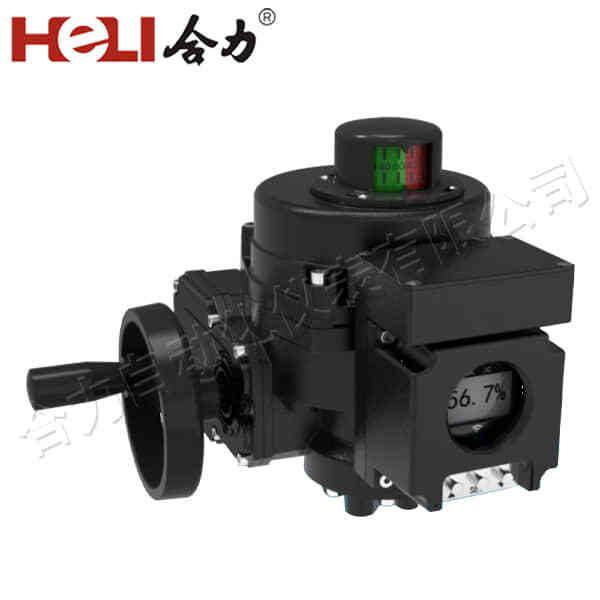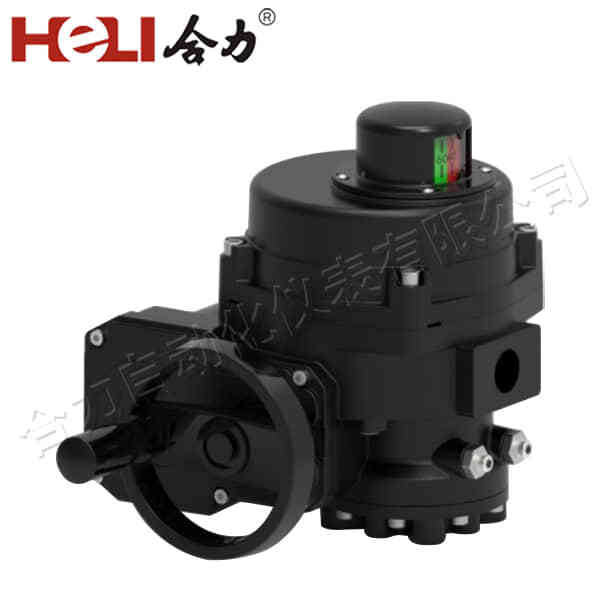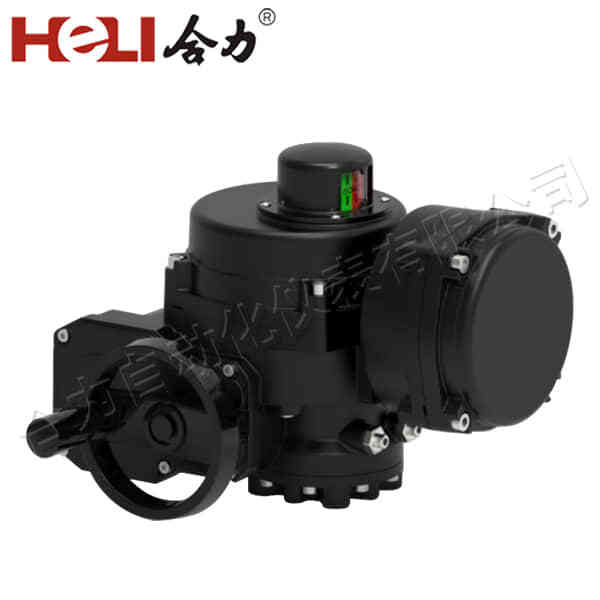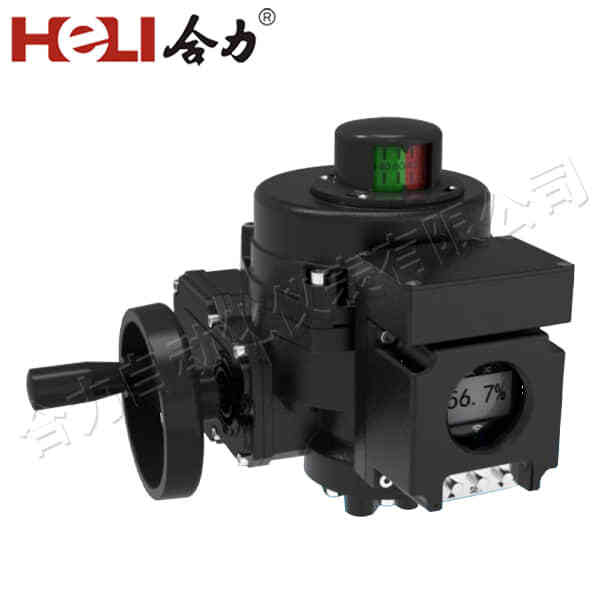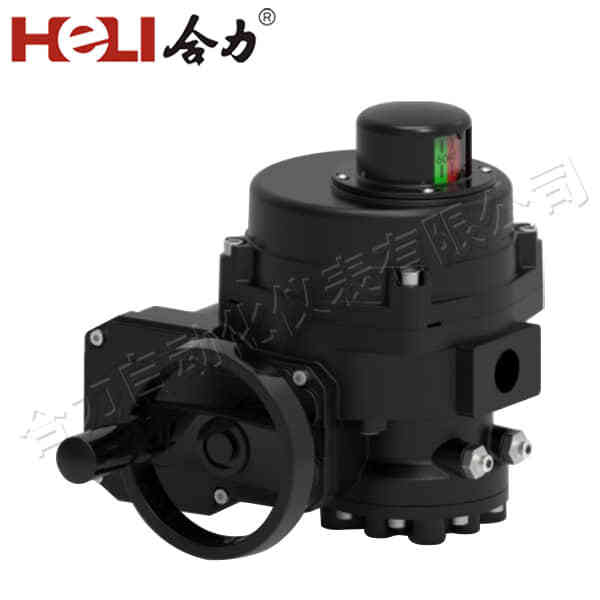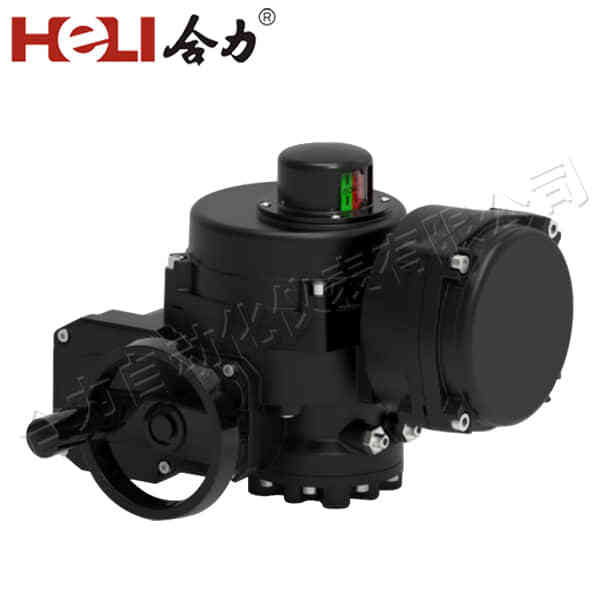In modern industrial and commercial applications, the need for precise and efficient control systems has grown exponentially. Electric actuator valves are at the forefront of this transformation, offering a solution that combines automation, reliability, and energy efficiency. These devices are increasingly used across various industries, including manufacturing, water treatment, HVAC (Heating, Ventilation, and Air Conditioning), and energy management. This article explores the working principle, advantages, applications, and the future of electric actuator valves.
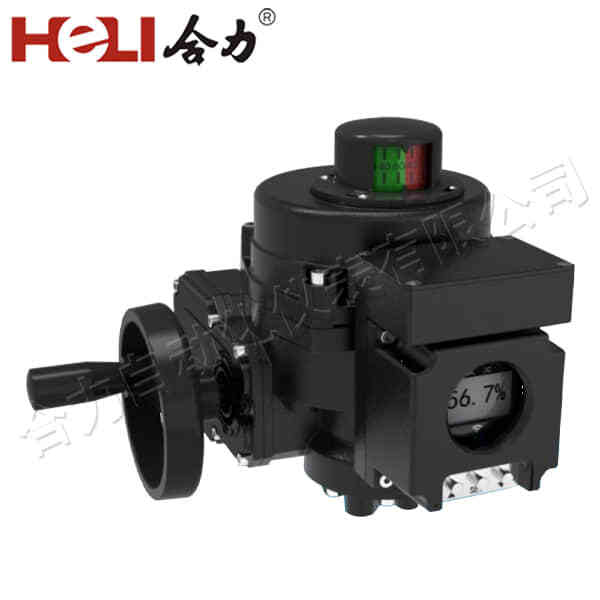
What Are Electric Actuator Valves?
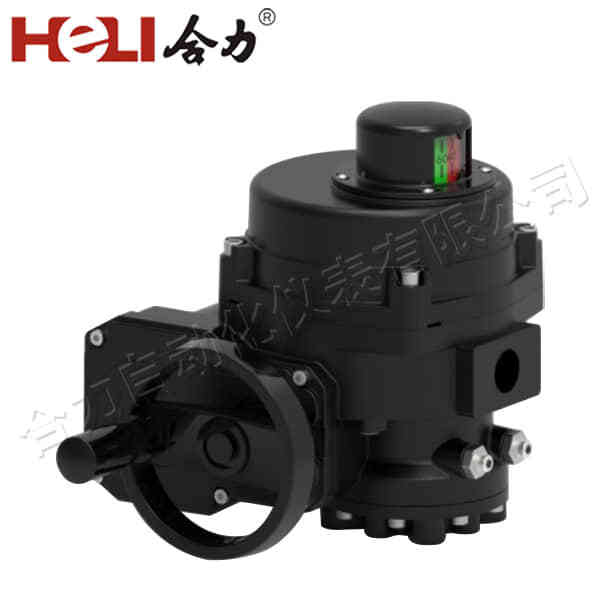
An electric actuator valve is a combination of an electric actuator and a valve that regulates the flow of fluids or gases in a system. The actuator is a motorized device that converts electrical energy into mechanical motion. This motion is used to open, close, or adjust the valve’s position, controlling the flow rate of a substance through a pipe or conduit. The valve itself can be of different types, such as ball valves, butterfly valves, or globe valves, depending on the specific requirements of the application. The electric actuator receives control signals, typically from a central controller or automated system, such as a PLC (Programmable Logic Controller). These signals dictate the valve’s position, allowing for precise regulation of the flow based on various parameters like pressure, temperature, or flow rate.
